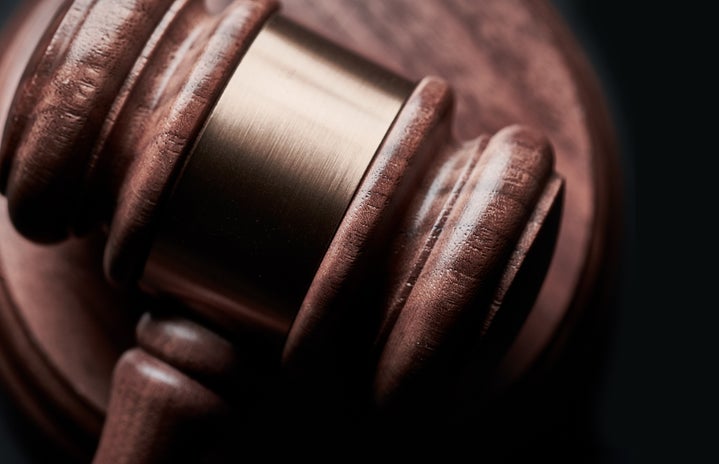Although the 50-year anniversary of Roe v. Wade is right around the corner, the discussion around it has turned in another direction. While pro-choice women have been celebrating its precedent for almost half a century now, this momentous court case may be getting a new face on December 1st 2021. What is Roe v. Wade and why might it be reversed?
On January 22, 1973, The United States Supreme Court deemed abortion to be a constitutional right for the first time in history. The Court stated, “the constitutional right to privacy is broad enough to encompass a woman’s decision whether or not to terminate her pregnancy.” At the time of this decision, nearly every state had outlawed abortion unless the pregnancy was life-threatening to the carrier. While the Supreme Court made this ruling in favor of the complainant Jane Roe, states still hold power to pass smaller policies and more specific regulations surrounding abortion.
Although it seems the conversation around abortion in today’s political environment has been solely directed toward the new Texas ruling, that case is not in fact the reason that Roe v. Wade is being reopened for re-argument in the Supreme Court. A Mississippi case, Dobbs v. Jackson, Women’s Health Organization will be brought forward to the highest court to re-evaluate the precedent that Roe v. Wade has had in place for so many years now. This will be the first time that the Supreme Court will be hearing oral arguments regarding the constitutionality of pre-viability abortion since 1973. The Mississippi case of Dobbs even includes an emergency challenge, filed solely on the premise to block the state’s ban on abortion after 15 weeks. So, although Texas has been all over the news, Mississippi is the reason for the possibility of an overturn in Roe due to the heavily stacked Republican seating in the court. It is vital to stay informed on these cases and remain aware that there are many others just like this that are not receiving the same national recognition.


